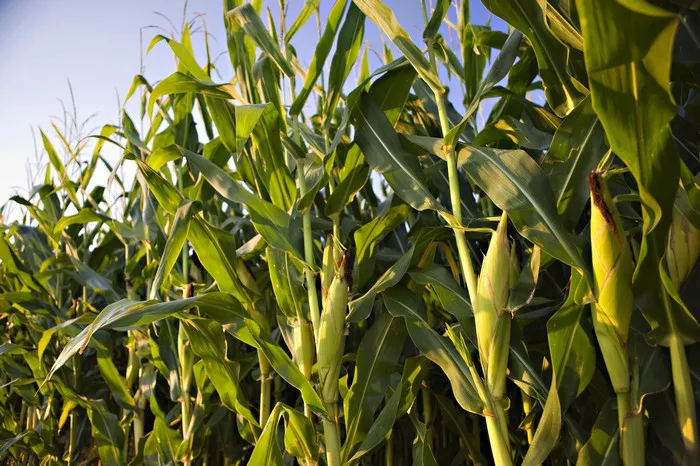Biochar, created through the pyrolysis of organic wastes, is gaining recognition for its benefits in carbon sequestration, soil fertility enhancement, and sustainable agriculture. A recent study by Bahauddin Zakariya University examined the impact of acidified and non-acidified biochars on seed germination, soil properties, and nutrient content in maize plants.
Researchers prepared biochars from various organic wastes, including rice straw, rice husk, wheat straw, cotton stalk, poultry manure, sugarcane press mud, and vegetable waste. These biochars were acidified and applied to soil in pot experiments at a 1% (w/w) rate, with maize as the test crop.
The findings revealed that acidified poultry manure biochar significantly improved maize seedling germination, shoot length, and biomass compared to other biochars and control plants. However, acidified biochars reduced soil and seedling nutrient contents (phosphorus, potassium, sodium) and soil organic matter compared to non-acidified biochars. Nonetheless, all biochar treatments provided higher nutrient and organic matter levels than control treatments.
This research builds on previous studies highlighting biochar’s benefits in soil and plant systems, such as stabilizing soil organic matter, sequestering carbon, and improving soil health and fertility. Additionally, biochar has been shown to reduce toxic trace element uptake in plants, enhancing growth and yield.
The study suggests that acidifying biochars before applying them to alkaline soils can improve soil chemistry and maize growth. This indicates that modifying biochars can increase their effectiveness for specific soil types. Further research is needed to understand the long-term effects of biochar modifications on nutrient dynamics in different soils, including factors like application timing, rates, particle size, and crop species.
In conclusion, the study from Bahauddin Zakariya University shows that acidified poultry manure biochar significantly boosts maize seedling growth. While acidified biochars decrease soil and seedling nutrient content and soil organic matter compared to non-acidified biochars, they still outperform control treatments in nutrient and organic matter levels. These results suggest that acidified biochars could be a valuable tool for enhancing soil fertility and crop production, especially in alkaline soils. Further research is essential to fully understand the long-term impacts of biochar modifications on soil and plant health.


